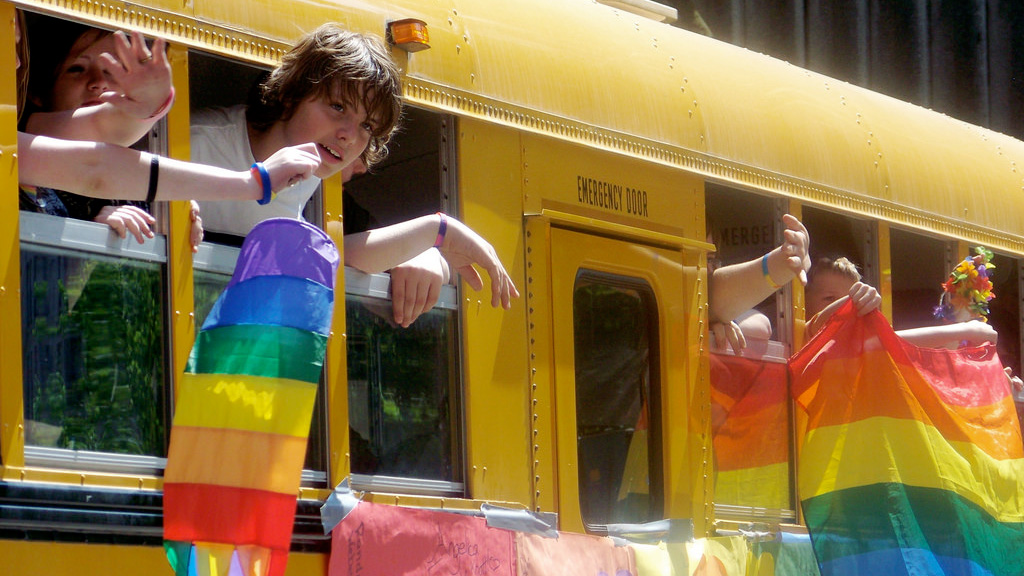 Screenshot
ScreenshotA few weeks ago a friend of mine was riding her bike around Whyte Avenue and some guy sitting on an outside patio drinking a beer shouted, “Hey, Blue Bike! I know you can hear me! I got something you can ride!”
“Yeah,” she explained to me later, “so I was catcalled.”
I’ve always known that catcalling is a problem, but this was probably the first time I heard someone say that exact phrase: I was catcalled.
This piqued my curiosity about catcalling and because I had a stark mental image to attach to it — I could almost hear the words slopping out of the man’s mouth — I felt inexplicably angry as well.
Because I’m an English student, I looked it up in the Oxford English Dictionary. Apparently the word had a surge of popularity in the 1860s. Awkward as it is to imagine a bunch of English gentlemen shouting “I got something you can ride!” to a group of women on big-wheeled velocipedes, the 19th century catcalls usually referred to short blasts from “a squeaking instrument (…) used esp. in play-houses to express impatience or disapprobation.” It wasn’t until the 1950s that catcalling started to mean “a whistle, cry, or suggestive comment intended to express sexual attraction or admiration (but usually regarded as an annoyance), typically made by a man to a female passer-by.”
For me at least, it’s hard to imagine the link between these two definitions. One could possibly make the case that using “squeaking instruments” was justified in some way, like compelling the actors to act better. But there’s no way for a modern catcaller to justify their actions to the world, because it’s impossible to imagine how the phrase “I got something you can ride!” is beneficial to anyone. A truly frightening thing side to this, though, is that the catcaller most likely can’t justify their act to themselves either.
So is it nothing more than group mentality?
I can attest that men are usually conditioned to see objectifying women as positive. I have distinct memories in high school of getting jabbed with a pencil whenever my passive-aggressive acquaintance X wanted me to ogle over a girl that was walking by. I remember summer jobs, riding in a company truck with a team of 17-year-olds all rubbernecking at the first sign of exposed skin. So when I hear of full-grown adults shouting at strangers on bikes, I can only think back to the fears and insecurities felt by teenagers, the insults young men would throw on other young men if they refuse to participate, barking when the group says “bark!”
I asked more females friends whether or not they’ve ever been the subject of catcalling. If we take the definition of an unwarranted “suggestive comment” along with the more common understanding of shouting, then it’s been a near unanimous yes.
One friend also made an incredibly illuminating comment about something which isn’t obvious from the point of view of someone who’s never been catcalled. “Catcalling isn’t just annoying,” she said. “It tells you that you’re visible and that other people want you to know it. You feel hyper-aware, like you might get followed or that there might be a real threat.”
Logic would say that when fear and insecurity breed fear and insecurity, everyone loses and everything’s fucked. This is something the definition of catcalling doesn’t capture.
I’m a male, and for a while now I’ve been figuring out how to exist in the world if I want to help the cause of dismantling these problems. If anyone’s in the same boat, then I can suggest from experience how enlightening it is to read articles on the breadth of feminist thought, absorbing some blogs and — if you can swing it — taking a class in feminist philosophy.
But at the very least, next time you’re sitting on a patio — and just between you and the guys — consider clinking your glass to “catcalling is fucked.”




